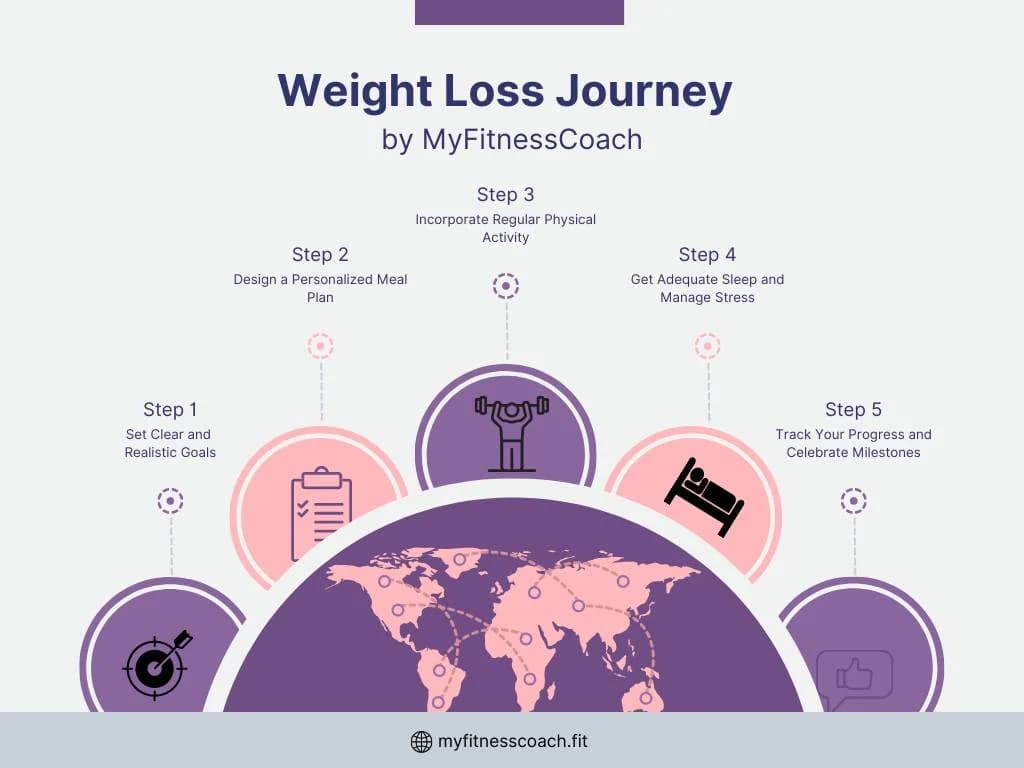What Are Carbohydrates | Types Functions | Benefits

MyFitnessCoach
July 13, 2023
Carbohydrates, often referred to as carbs, are one of the three main macronutrients essential for human health and well-being. The other two macronutrients are proteins and fats. Carbs play a vital role in the functionality of the human body. They are the primary source of energy. They empower the brain to support muscle function. Carbs are essential for sustaining life.
This article will explore what carbohydrates are, their types, functions, dietary sources, and their impact on overall health.
Functions of Carbohydrates
Carbohydrates serve as a primary source of energy. Along with that, they have several other essential functions within the human body:
- Energy Source: The primary and basic role of carbohydrates is to provide energy. When you consume carbs, they are broken down into glucose. Glucose enters the bloodstream and is transported to cells throughout the body. Glucose is then consumed for instant energy needs. They also get stored as glycogen in the liver and muscles for future use.
- Brain Function: The brain requires carbs to function properly. The brain relies almost exclusively on glucose for its energy supply. A consistent intake of carbohydrates is essential for maintaining brain functions such as cognitive tasks, memory, and concentration.
- Muscle Energy: Muscles use glycogen for energy during fitness activity. Glycogen is a form of stored energy taken from carbs for future requirements. Carbohydrates help sustain exercise performance and prevent muscle fatigue during prolonged activities.
- Fat Metabolism: Adequate carbohydrate intake prevents the body from using protein as an energy source. This is important because proteins are essential for building and repairing tissues, enzymes, and hormones.
- Regulation of Blood Glucose: Carbohydrates help to maintain blood sugar levels. Consuming complex carbohydrates with fiber helps slow down the absorption of glucose. It prevents a rapid increase in blood sugar levels.
- Improved Digestive Health:Fiber, a type of carbohydrate found in plant-based foods, promotes feelings of fullness and aids in maintaining digestive health.
Sources of Carbohydrates
Carbohydrates can be found in a wide variety of foods. Some primary sources are plant-based foods. Some common dietary sources of carbohydrates include:
- Grains: Foods like rice, wheat, oats, quinoa, and barley are rich in carbohydrates and provide sustained energy.
- Fruits: Fruits such as apples, bananas, oranges, berries, and mangoes contain natural sugars and fiber. They are also a great source of carbs.
- Vegetables: Starchy vegetables like potatoes, sweet potatoes, corn, and peas are excellent sources of carbohydrates.
- Legumes: Beans, lentils, chickpeas, and other legumes are not only rich in carbohydrates but also provide essential proteins and fiber.
- Dairy: Milk and yogurt contain lactose which is an organic disaccharide.
- Sweets and Sugars: Foods with added sugars, such as desserts, candies, and sugary beverages, provide quick energy. They are usually considered unhealthy carbs.
Impact on Health
The role of carbohydrates in health is often a topic of debate. Especially with the rising popularity of low-carb and ketogenic diets, carbs have become a topic of discussion. It is important to recognize that not all carbohydrates are created equal, and their impact on health can vary depending on their source and composition. Let’s discuss the effects of carbs on your overall health:
- Healthy Carbohydrates: Complex carbohydrates found in whole grains, fruits, vegetables, and legumes are considered healthy carbs. They are full of essential nutrients and provide essential vitamins, minerals, and fiber. These carbohydrates support overall health and are linked with a reduced risk of chronic diseases like heart disease, type 2 diabetes, and certain cancers.
- Unhealthy Carbohydrates: Carbs that are highly processed and refined, such as sugary snacks, sugary beverages, and white flour products, are unhealthy ones. They don’t contain essential nutrients and fiber. Excessive consumption of these unhealthy carbohydrates can cause weight gain, insulin resistance, and an increased risk of chronic diseases.
- Low-Carb Diet: This kind of diet is best suitable for some individuals with specific medical conditions like diabetes or epilepsy. They may benefit from reducing carbohydrate intake. It is highly advised to approach low-carb diets with caution. Sudden and drastic restrictions on carbohydrates can lead to nutrient deficiencies that can affect health badly.
Carbohydrates are an essential component of a healthy diet and the body's primary energy source. Including a variety of healthy carbs in your diet, such as whole grains, fruits, vegetables, and legumes, can improve general health and well-being. Understanding the various forms of carbohydrates and their functions can help people make more informed dietary choices and optimize their nutrition for a healthier and more active life.

If you want to learn more about macronutrients and their crucial role in your fitness routine, download MyFitnessCoach app right now.
For More Informative Blogs Visit: MyFitnessCoach.Fit
Frequently Asked Questions
Similar Articles
Stay informed with these similar articles.

MyFitnessCoach
October 18, 2023
What Does Body Goals Mean? A Path to a Healthy Lifestyle
In the world we live in now, lots of people talk about "body goals," which means having a body that's seen as perfect. On social media, in magazines, and on TV, we see lots of pictures of people with what seems like perfect bodies, which makes us feel like we have to look like them. But the real meaning of "body goals" is more than just looking good. It's about taking care of your whole self, not just how you look. In this article, we will discuss what does body goals actually mean and how you can achieve your body goals. Let’s get started:
.webp&w=3840&q=75)
MyFitnessCoach
September 5, 2023
How Much Protein in an Egg | The Nutritional Power
Eggs have long been a breakfast favorite for many, and for good reason. They're not only delicious but also packed with essential nutrients, making them a versatile and nutritious addition to your diet. One of the most common questions about eggs is, "How much protein is in an egg?" In this comprehensive guide, we'll delve into the world of eggs and explore their protein content, nutritional benefits, and how they can contribute to a balanced diet.

MyFitnessCoach
May 18, 2023
Fitness Guide: How Do I Start A Weight Loss Journey
Ready to start on a life-changing weight-loss journey? Congratulations for taking the first step towards being a better and happier version of yourself! Starting off a weight-loss journey may be both satisfying and stressful. With so much information available, having a well-defined plan and trusted assistance in achieving your goals is important. This article will help you start your weight-loss journey and achieve the results you desire.
